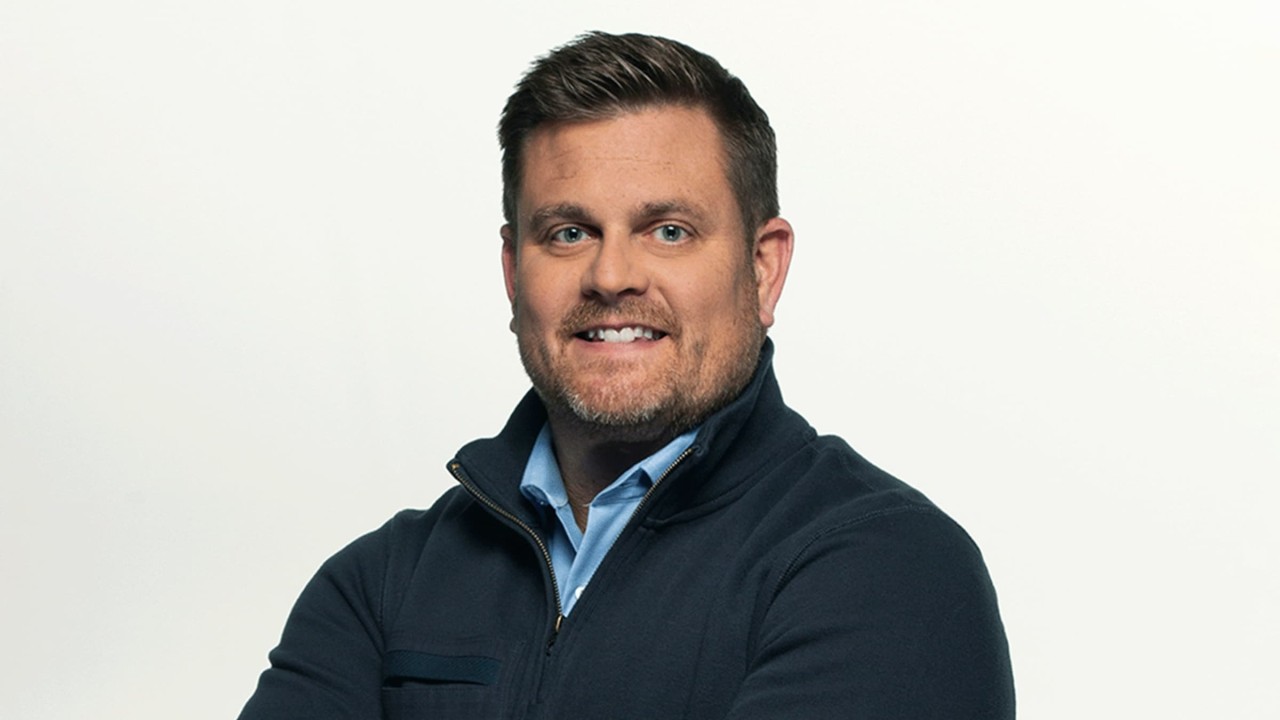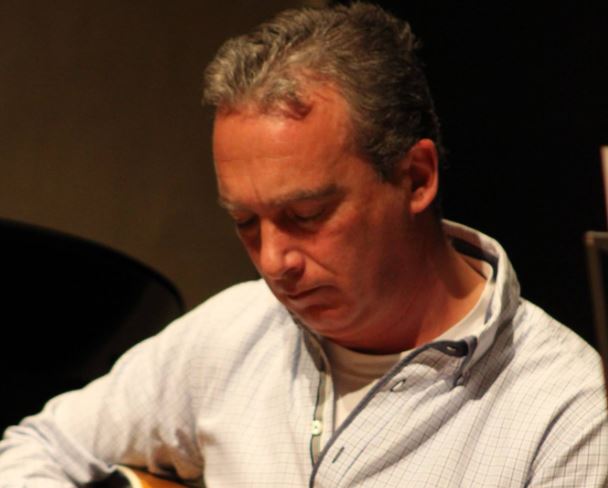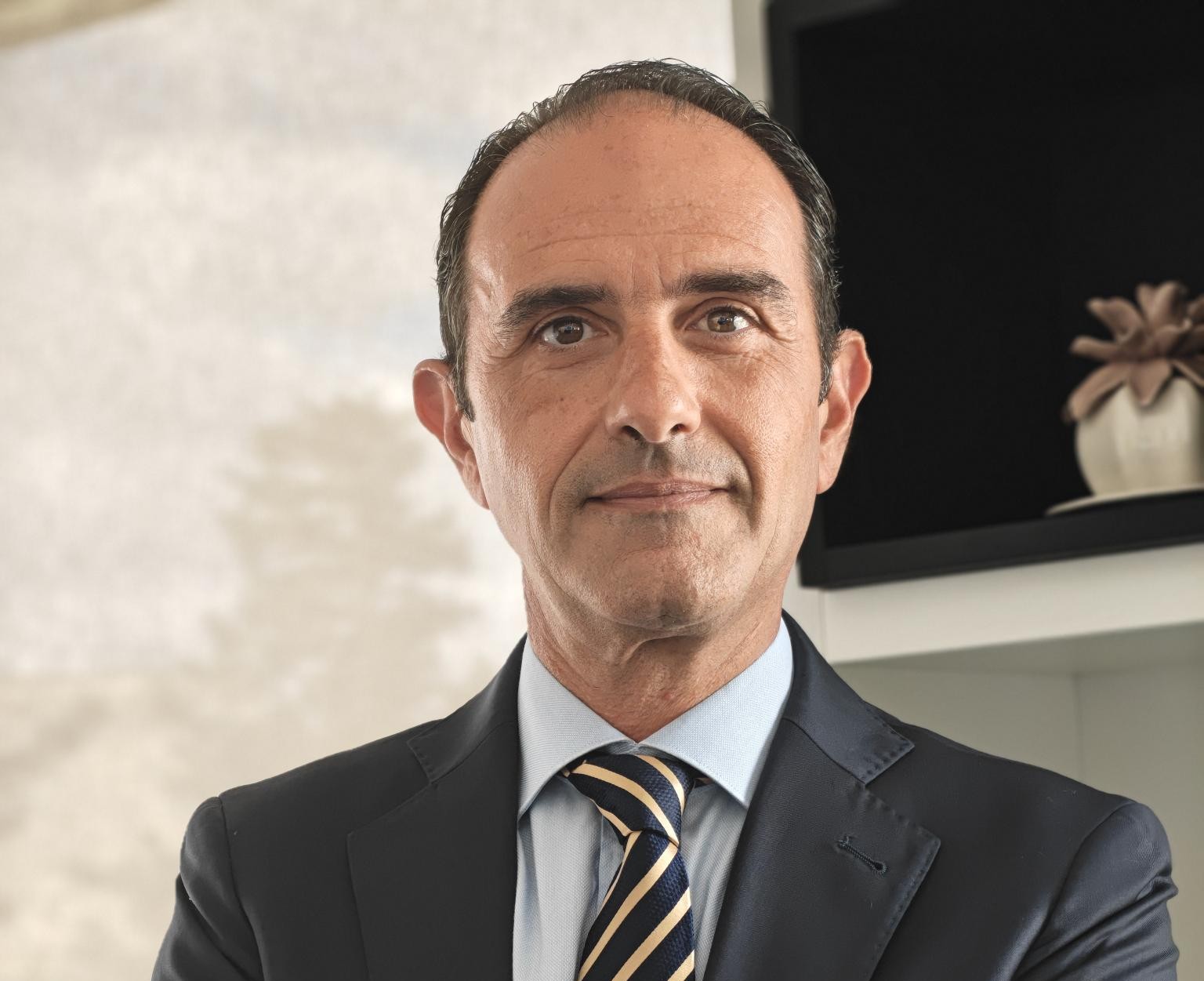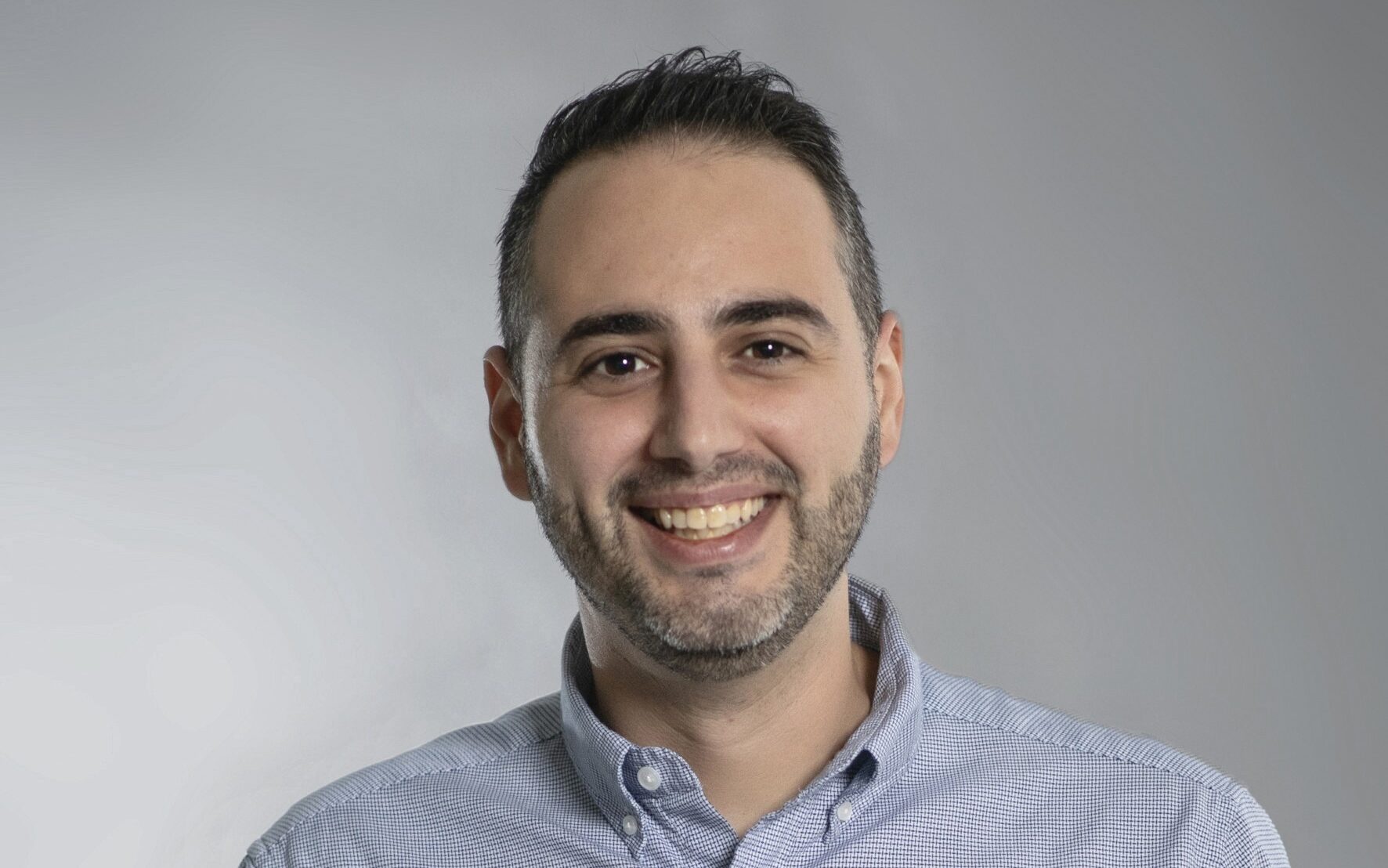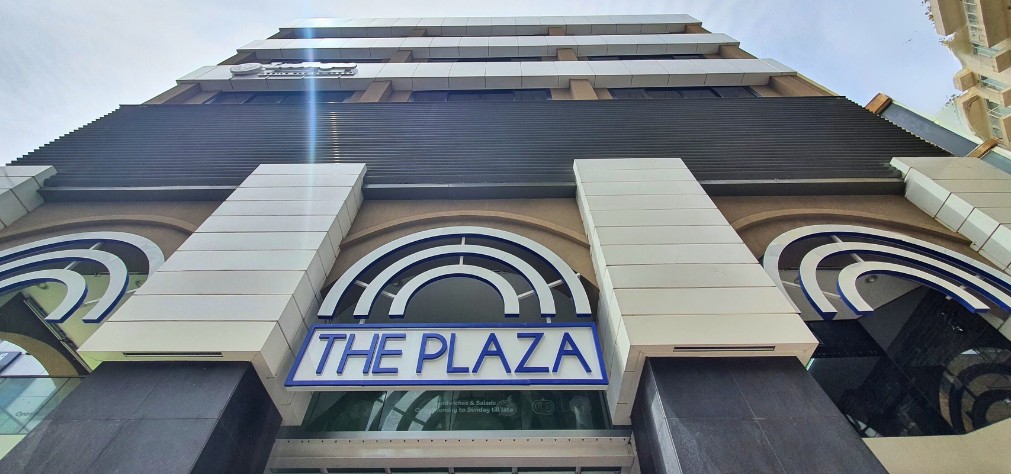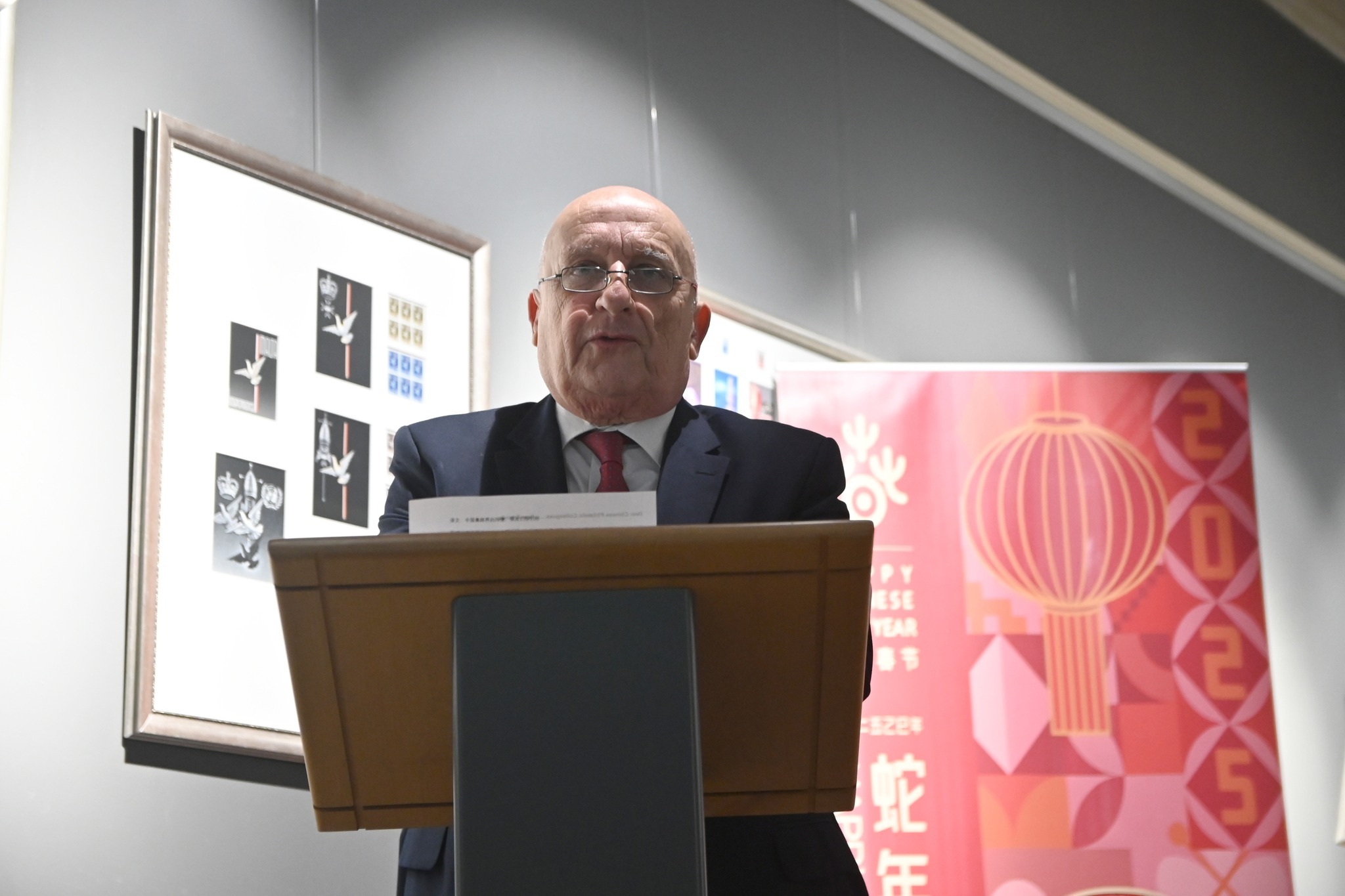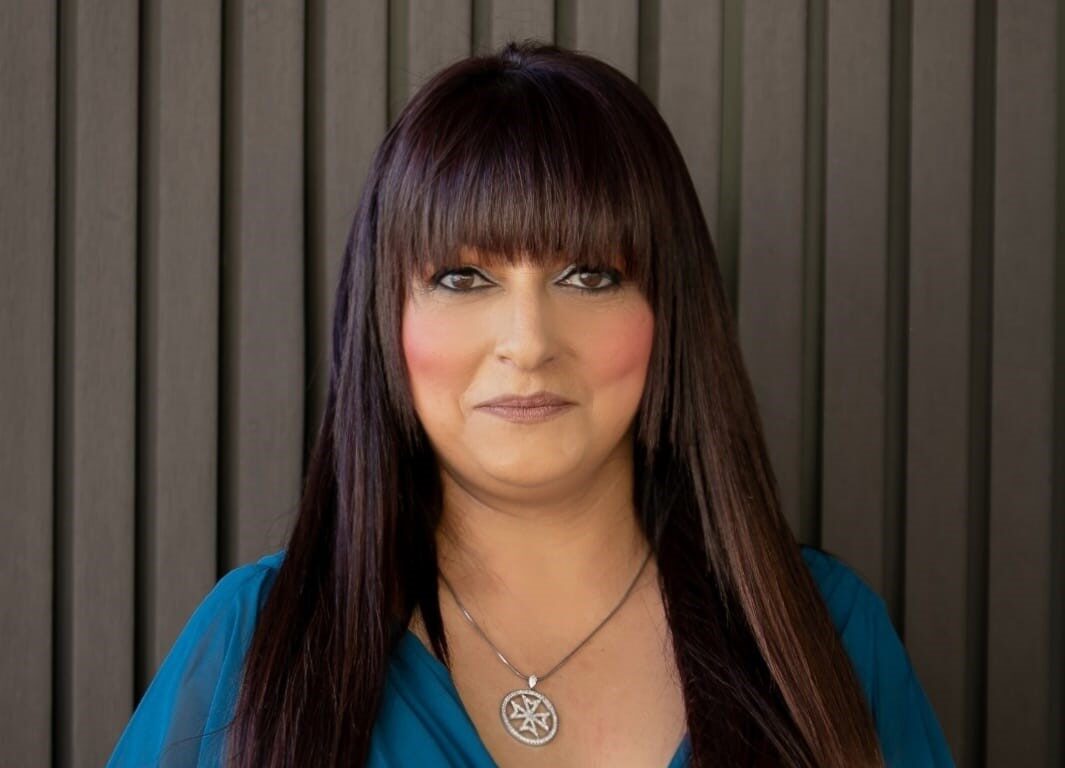The business world was left in shock after Brian Thompson, CEO of UnitedHealthcare, was fatally shot on the streets of Manhattan.
The incident occurred outside a Hilton hotel, with the New York Police Department labelling it as a “premeditated, preplanned, targeted attack.”
The suspected shooter fled the scene and remains at large, leaving both corporate America and the wider public grappling with the implications of such a rare and violent event involving a high-ranking executive.
A wake-up call for executive security
Such ambushes on top-level executives in the United States are rare, but this attack underscores the growing need for companies to reassess and strengthen their security measures.
Over the past few years, many businesses have already increased spending on executive protection. This incident is likely to intensify those efforts as C-suites and boards of directors scramble to implement stronger safeguards for their senior leaders.
Glen Kucera, president of the enhanced protection services division at security firm Allied Universal, told American business magazine Fortune: “We don’t know the motivation. Certainly, if it’s a personal motivation, that changes the landscape a little bit. If it was motivated by the business they’re in, such as the health care industry, then this is undoubtedly a wake-up call for CEOs and executives travelling across the country and the world.”
The rise of CEO security spending
Corporate spending on executive security has steadily increased in recent years.
According to a review of CEO benefits by advisory firm ISS-Corporate, the proportion of S&P 500 CEOs receiving home security perks rose from 12.6 per cent in 2020 to 15.7 per cent in 2023.
By 2024, 17.9 per cent of CEOs had home security benefits, compared to just 13.2 per cent in 2018, data from Esgauge reveals.
High-profile executives come with significant security costs. Alphabet CEO Sundar Pichai’s personal security reportedly costs €6.3 million annually, while Meta Platforms spends approximately €13 million to safeguard Mark Zuckerberg, according to publicly disclosed documents.
However, smaller companies often struggle to provide the same level of security for their executives.
The median security spending for CEOs in 2023 was around €46,500, according to data from insurance broker WTW. Notably, the health care sector has actually seen a decline in security spending. Personal security costs for executives in Russell 3000 health care companies dropped from 0.8 per cent in 2018 to 0.5 per cent in 2024.
Gaps in executive protection
It’s also worth noting that many companies do not extend security benefits beyond the CEO role.
Mr Thompson, for example, was the CEO of UnitedHealthcare, a subsidiary of UnitedHealth Group, but not the parent company’s CEO. This gap in protection leaves many senior leaders vulnerable.
His killing has left many questions unanswered, and updates to the investigation are likely to emerge over the coming days. However, the incident serves as a stark reminder to executives about the importance of personal safety.
“Nobody ever goes to work expecting this to happen to him, right? So that’s why it’s so important to, you know, be informed. Be aware of your surroundings. Have good security protocol in the event that this does happen,” Mr Kucera told Fortune.
Featured Image:
Brian Thompson / Facebook
Plaza shopping centre investment ‘signals long-term commitment to Malta,’ says Virgata Founder
Virgata specialises in commercial property investments across Europe.
Jose Maria del Pozo steps down as Mapfre Middlesea plc Director
The resignation shall take effect as from 1st January 2026
Chairman Joseph Said: MaltaPost ‘resilient’ amid global disruption as profits climb to €6.4 million
He highlights how postal operators worldwide continue to transition from traditional letter mail to parcels.
Graziella Grech reflects on transition, gratitude and reinvention ahead of 2026
Christmas is 'a time for gratitude, humility, and meaningful human connection.'


